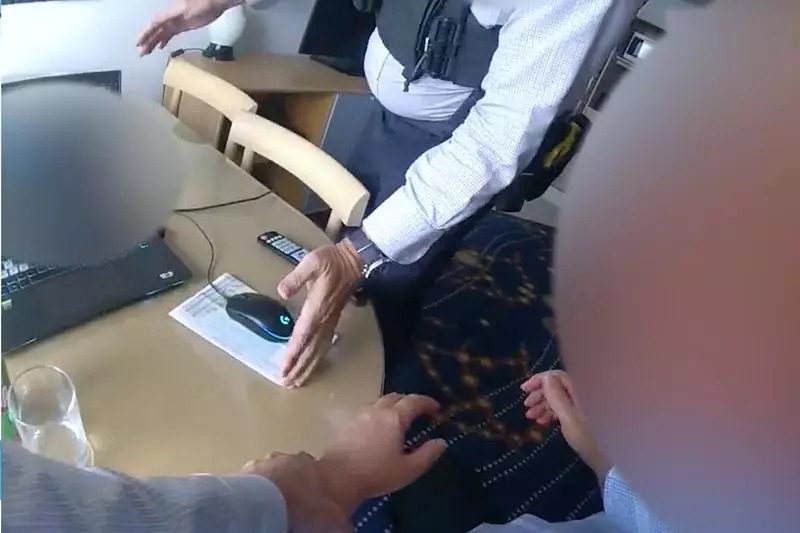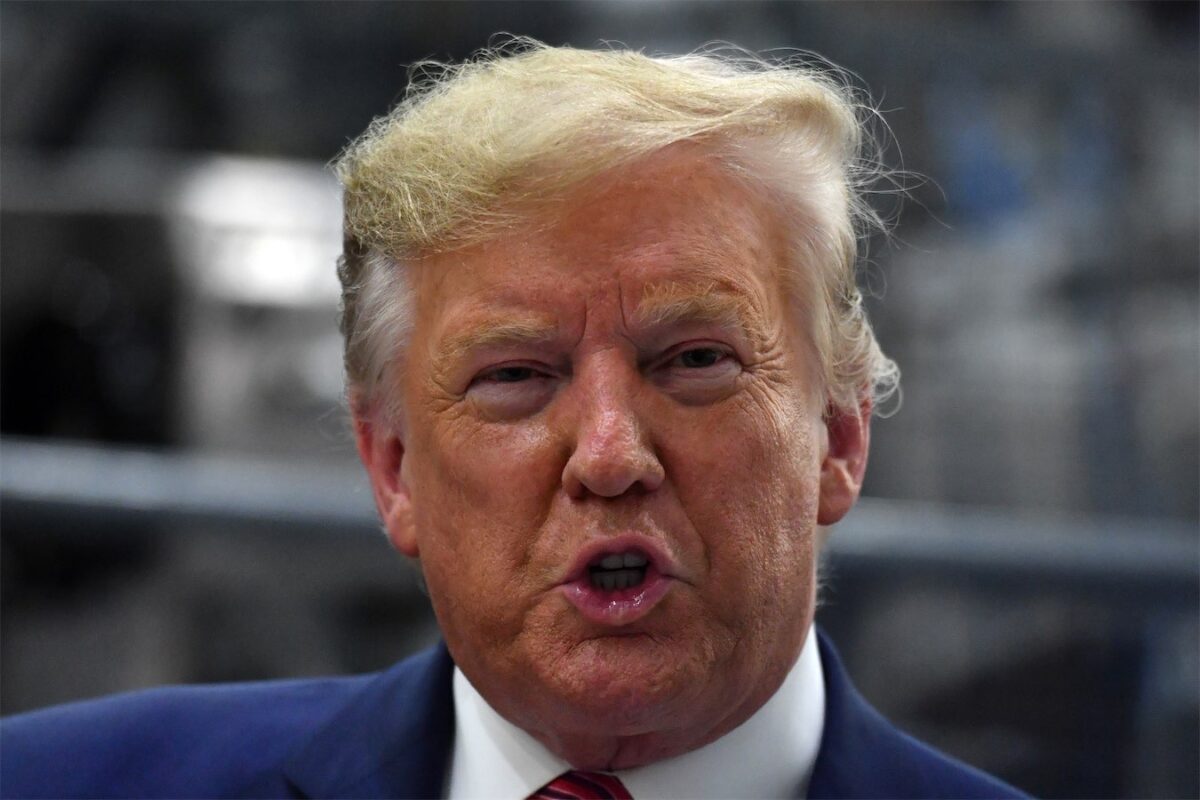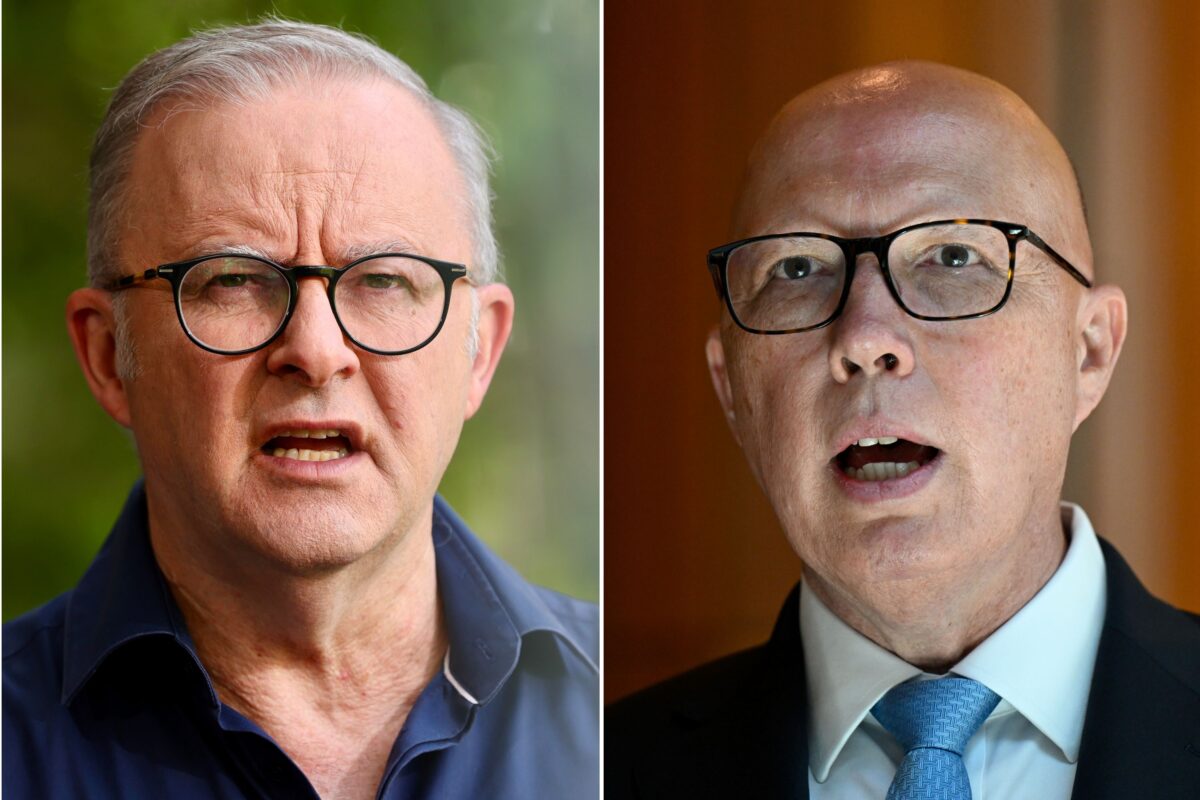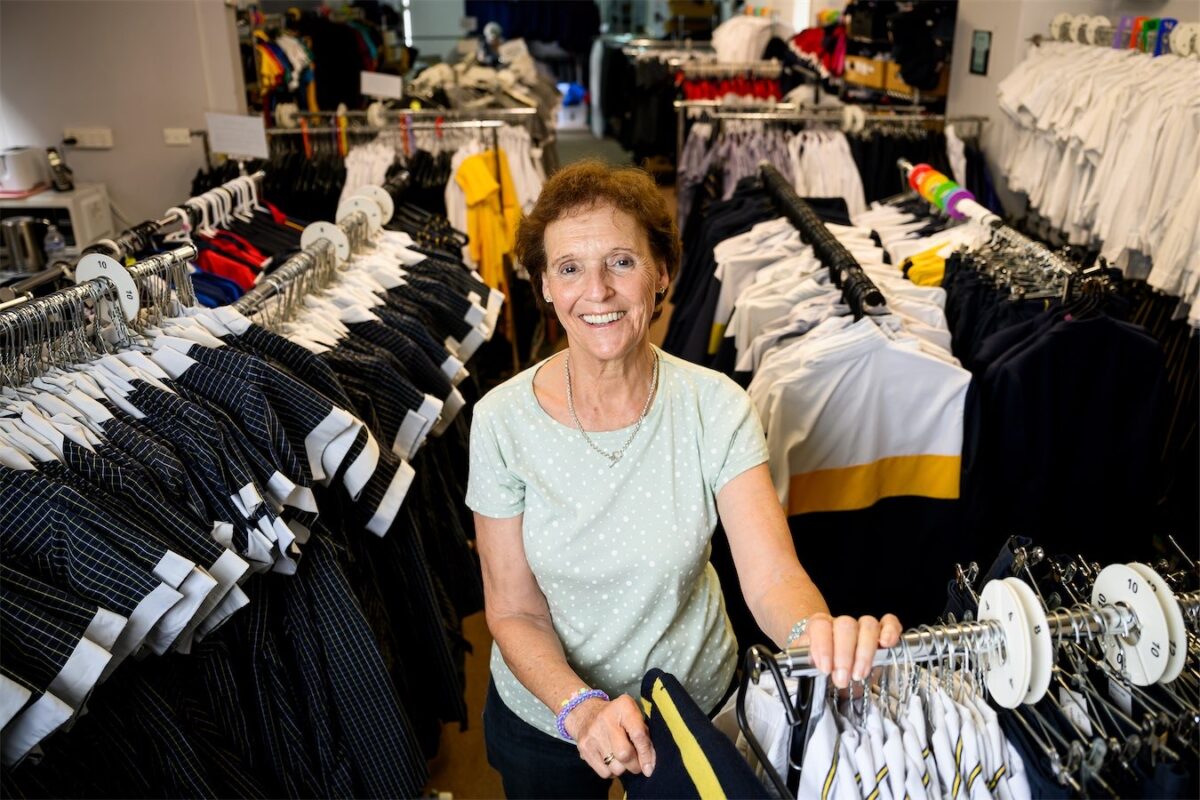
By Dominic Giannini in Canberra
A major crackdown on the insidious use of deepfake pornography, especially featuring children, is on the cards as parents and authorities grapple with the developing issue.
But violence prevention advocates are also calling for a more ingrained approach to teach children about the harms that stem from social media and the exploitation of women to stop the creation of content in the first place.
Deepfakes refer to digitally altered images of a person’s face or body and young women and girls are often targeted in a sexual manner. The use of artificial intelligence is making accessibility much easier for perpetrators.
The potential extent of the problem came to light this week when it was revealed deepfake images of 50 Melbourne school girls had been shared online.
Penalties will form part of the government’s response with the Commonwealth needing to take a leading role in tackling the problem, Communications Minister Michelle Rowland warns.
“They often operate as a very good incentive as well,” she says.
“It serves to highlight that this is like this isn’t fun, this isn’t victimless.”
A review of the Online Safety Act will land on her desk in October.
It will focus on what “layer of the stack” needs to be targeted or regulated, such as content creation on platforms, the apps themselves or the sharing of the material.
The minister points to the European Union’s pursuit of higher penalties and the signing of an arrangement to increase co-operation last week.
“We are obliged to protect children better than we are, especially now with these issues that are coming to the fore with the rapid digital revolution,” EU Ambassador in Australia Gabriele Visentin says.
Elsewhere, domestic violence prevention organisation Our Watch is calling for the Victorian school model of integrating discussions around porn and respectful relationships into a whole-of-school approach be implemented nationwide.
Deepfake porn and using new technologies to harass and denigrate women can’t be separated from a violence crisis in Australia and respectful relationship training is needed to address this, CEO Patty Kinnersly says.
Schools where respect and equality are integrated across the board are able to give students a deeper understanding of the causes of violence against women and better respond to it, she says.
“As soon as young people enter the online world they are bombarded with harmful attitudes and content, including young men being told by admired influencers that they should control and abuse women.
“We must make sure young people have the tools to reject these harmful gender stereotypes and disrespect.”
Education Minister Jason Clare is working with states and territories to roll out respectful relationship lessons.
He is hopeful agreement will happen soon and changes will be installed before the start of the 2025 school year.
“There is no silver bullet here but there is a role to play in the classroom to make sure boys and young men in particular understand how important this is,” he says.
Attorney-General Mark Dreyfus has introduced legislation stipulating a six-year jail sentence for people who share deepfake porn without consent and seven years for people who create and share it.
While the eSafety commissioner has the power to order non-compliant platforms to be taken down if they repeatedly flout directions to remove or stop posts such as revenge porn or child exploitation, the body primarily responds to complaints.
A new set of standards is due to be submitted to parliament to be registered in the coming weeks and will come into force six months later.
They will compel service providers to proactively protect people online and will focus on child exploitation, aiming to curb platforms being abused by perpetrators, including social media or “nudify” apps.
It is states’ jurisdiction to criminalise the creation of images without consent, Mr Dreyfus says, while Greens senator Larissa Waters is calling for more to be done to stop tech companies acting with impunity.
This includes a bigger stick to de-platform egregious apps, she says.
All states and territories were contacted about efforts to criminalise harmful content creation but only three replied.
Only Victoria has expressly criminalised the creation of deepfake images.
While there is no specific offence in the ACT, legislation covering the sharing of intimate images without consent is broad enough to capture deepfake creation and dissemination, the territory’s government says.
Deepfake porn is an important issue that needs to be tackled when attorneys-general from across the country meet in July, Queensland Attorney-General Yvette D’Ath says.
Her department will also investigate what more can be done.
Creating non-consensual, sexually explicit images of people and the particular targeting of women and girls, perpetuates gender-based violence, developmental psychologist Fiona Martin warns.
There is a push and pull effect between parents and schools teaching children about respectful relationships and attitudes and then online influencers and content churning misogynistic content through targeted algorithms, she explains.
“They need to have conversations about it, there’s so much sexual harassment and gender-based violence out there and this is where it starts.”
Parents being in the same room as their children when they’re using technology and discussing the issue could help prevent them accessing harmful content, she says.
The cat has been belled once abusive and sexualised images have been spread without consent.
“It would certainly impact their ability to cope and attend school as they have done before, it has an impact on their psychological wellbeing and their health,” Dr Martin says, pointing to the Bacchus Marsh example.
“Kids could also have trauma symptoms as a consequence of this, things like nightmares, flashbacks, anxiety-type behaviours because it is a traumatic event.”
Education is key as “the more we talk about consent the better because there was no consent here”, she adds.
Who can be trusted?
In a world of spin and confusion, there’s never been a more important time to support independent journalism in Canberra.
If you trust our work online and want to enforce the power of independent voices, I invite you to make a small contribution.
Every dollar of support is invested back into our journalism to help keep citynews.com.au strong and free.
Thank you,
Ian Meikle, editor





Leave a Reply